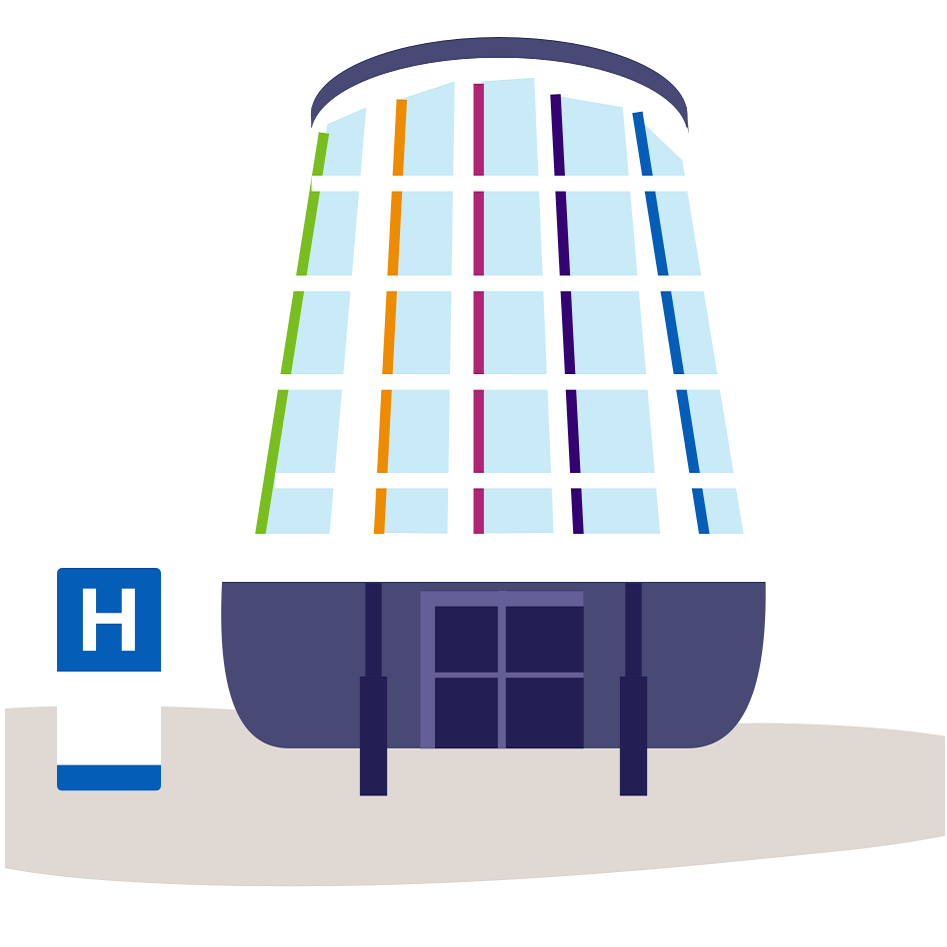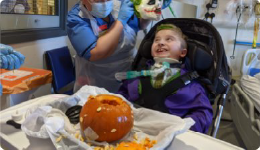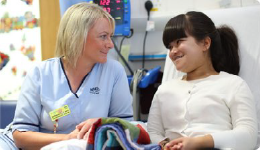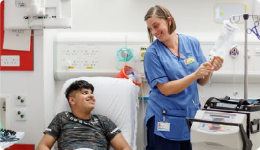 Self Care Self Care |
|
For wear and tear, minor trips and everything in between.
Self-care
You can treat your very minor illnesses and injuries at home.
Some illnesses can be treated in your own home with support and advice from the services listed when required, using the recommended medicines and getting plenty of rest.
|
Sound advice
Young people can recover from illness quickly but also can become more poorly quickly; it is important to seek further advice if your condition gets worse.
|
 Local Pharmacist Local Pharmacist |
|
Pharmacists are experts in many aspects of healthcare. They are the first port of call for minor ailments and can provide advice and can offer advice on a wide range of long-term conditions and common illnesses such as coughs, colds and stomach upsets.
Pharmacy First is a free service. You do not need an appointment and many pharmacies have a private consultation area.
Your pharmacist will let you know if you need further medical attention.
|
Sound advice
- Visit a pharmacy if you are ill, but do not need to see a GP.
- Remember that if your condition gets worse, you should seek further medical advice immediately.
|
 GP (General Practitioner) GP (General Practitioner) |
|
GPs assess, treat and manage a whole range of health problems. They also provide health education, give vaccinations and carry out simple surgical procedures.
Your GP will arrange a referral to a hospital specialist should you need it.
|
Sound advice
You have a choice of service:
- Doctors/GPs can treat many illnesses that do not need a visit to the Emergency Department.
- For minor injuries such as cuts that need stitches, broken bones, sprains and minor burns, go to one of our Minor Injury Units (MIU).
|
 NHS 24 NHS 24 |
|
NHS 24 -If you’re not sure which NHS service you need, call 111.
An adviser will ask you questions to assess your symptoms and then give you the advice you need, or direct you straightaway to the best service for you in your area.
|
Sound advice
Use NHS 24 if you are unsure what to do next, have any questions about a condition or treatment or require information about local health services.
|
 Emergency Department Emergency Department |
|
Emergency departments provide vital care for life-threatening emergencies, such as loss of consciousness, suspected heart attacks, breathing difficulties, or severe bleeding that cannot be stopped.
If you’re not sure it’s an emergency, call 111 for advice.
|
Sound advice
- Many visits to the Emergency Department and calls to 999 could be resolved by any other NHS services.
- If your condition is not critical, choose another service to get the best possible treatment.
|
Content adapted with permission from the what0-18.nhs.uk resource produced by the Healthier Together initiative









 Self Care
Self Care Local Pharmacist
Local Pharmacist GP (General Practitioner)
GP (General Practitioner) NHS 24
NHS 24 Emergency Department
Emergency Department








